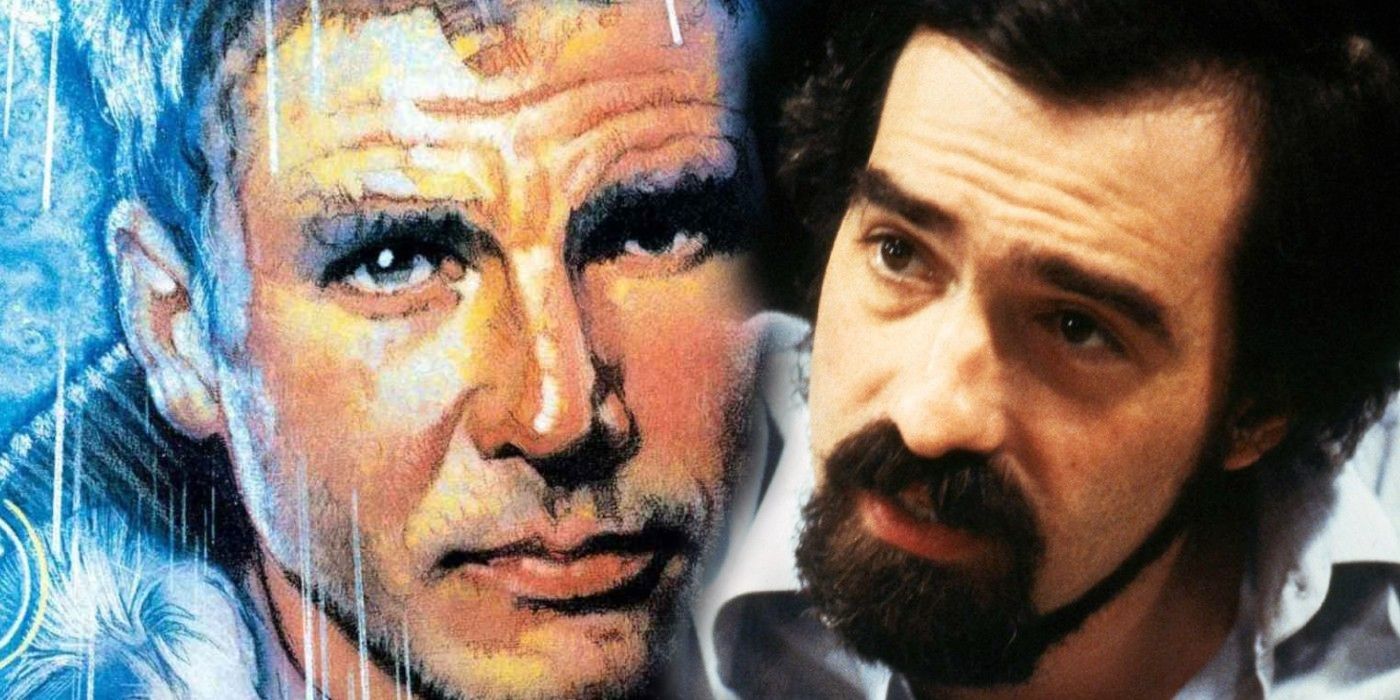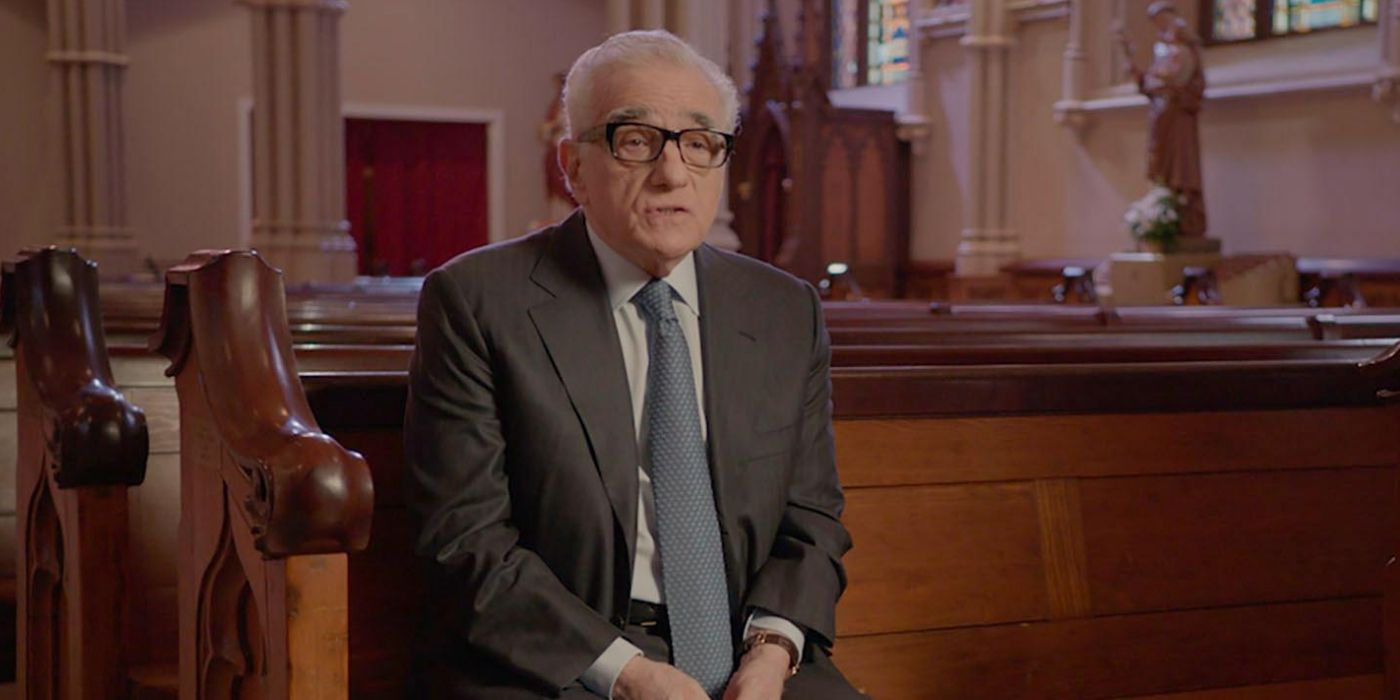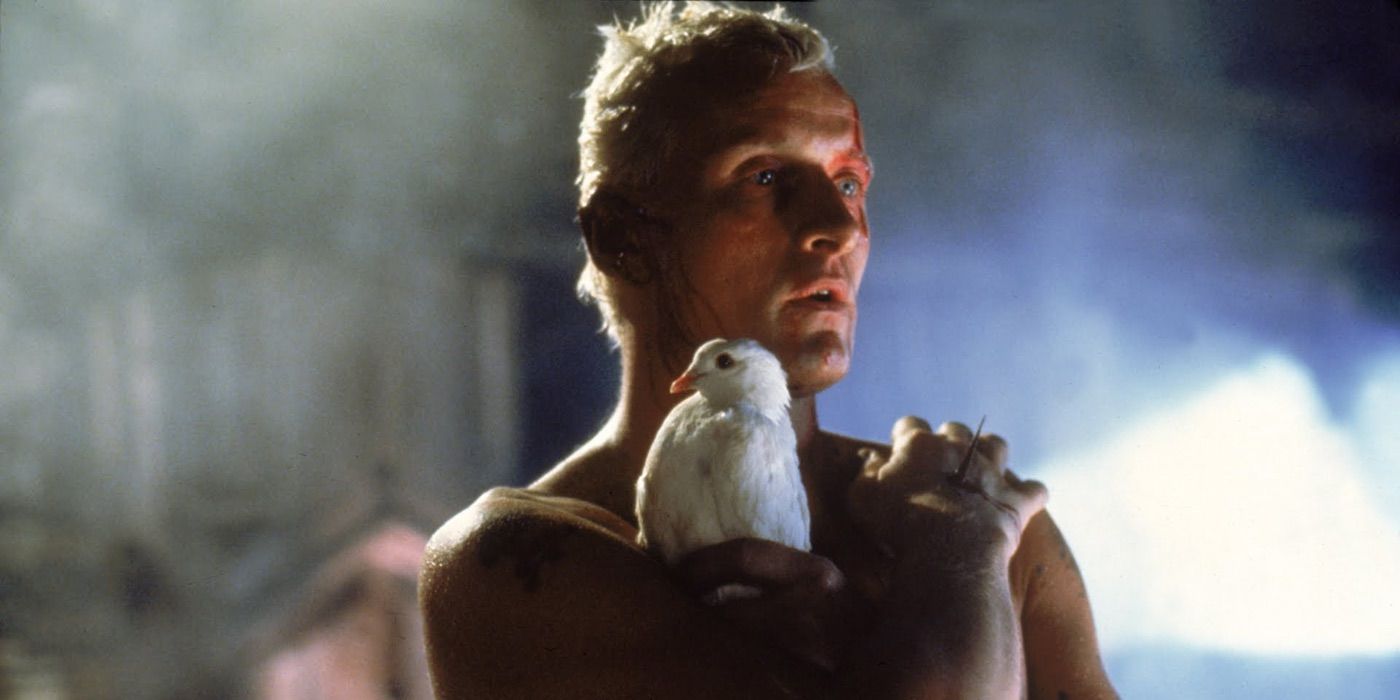Ridley Scott's Blade Runner is considered one of the greatest science fiction films of all time, but it would've been very different had Martin Scorsese directed it. While some cannot fathom Blade Runner without Scott's iconic direction, there were several attempts to adapt Phillip K. Dick's Do Androids Dream of Electric Sheep? before Scott got his hands on the material. In fact, Dick's 1968 novel had some studios showing interest in adapting the novel as early as 1969.
With Ridley Scott's credit as the director of the science fiction hit Alien, it may seem that Scott was always the director to direct Blade Runner. However, other directors were also interested in bringing some of Dick's complex themes to the big screen. According to Slashfilm, there were challenges in bringing such a thematically dense subject to life. However, there was one unexpected director who was up for the challenge.
Martin Scorsese Was Interested In Directing Blade Runner (Before Ridley Scott)
In 1969, after the release of his first feature-length film Who's That Knocking at My Door, Martin Scorsese considered adapting Dick's novel alongside film critic/screenwriter Jay Cocks. Despite their interest, the film never reached the optioning stage. Instead, Martin Scorsese decided to focus on 1973's Mean Streets, which served as a career breakthrough. With this breakthrough, Scorsese shifted his focus to gritty crime dramas.
Jay Cocks went on to co-write Kathryn Bigelow's Strange Days, which also explored complex science fiction themes. Scorsese would later go on to work with Cocks on The Age of Innocence and Gangs of New York. While the two films that Scorsese and Cocks would collaborate together on were very different from Do Androids Dream of Electric Sheep?, the collaborations showcase the potential of Scorsese's unmade Blade Runner.
How Martin Scorsese's Blade Runner Would've Been Different
While Scorsese is typically known for his gritty crime films, like Goodfellas and Casino, he has dipped his toes into other genres. For example, 1993's The Age of Innocence was based on Edith Wharton's 1920 romantic novel of the same name. With Cock's help, Scorsese penned a script that focused on the upper-class elite, instead of the streets of New York. The Age of Innocence may seem like a very different adaptation from Do Androids Dream of Electric Sheep?, but the adaptation showed the strength of Cocks and Scorsese's collaboration. This strength was replicated in a very different novel adaptation, Gangs of New York in 2002.
The Age of Innocence and Gangs of New York may both be historical dramas, but each film is steeped in the world of the novel. Both films are visual delights and show that Scorsese can work with color. With Scorsese and Cocks' talent, they could've brought Dick's novel to life. While Scott's dark style is now considered essential to Blade Runner, Scorsese may have actually brought some color and life to the sets.
Since Scorsese's Blade Runner was never fully realized, the direction that Scorsese would've taken with Dick's classic novel is entirely speculation. On one hand, Scorsese could've grounded Blade Runner more in reality, like his grittier dramas. On the other, Martin Scorsese could've heightened the color palette and created a very different Blade Runner than the one beloved today.
Source: Slashfilm



